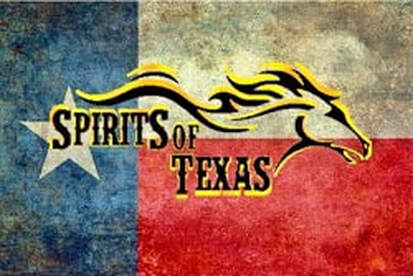May 9, 2022
Today in Texas History
By Bandera Spirits of Texas
On this day in 1972, some 4,000 workers at five Farah, Incorporated plants in El Paso went on strike for the right to be represented by a union. Their labor action lasted until they won union representation in March 1974.
Before the strike, Farah was the second-largest employer in El Paso. The attempt to organize the company's workers began in 1969 and soon spread to all five El Paso plants.
When workers at the San Antonio plant were fired for joining a union-sponsored march in El Paso, more than 500 of them walked out; the El Paso workers followed suit on May 9. A month later a national boycott of Farah products began, endorsed by the AFL-CIO.
The strike exacerbated ethnic tensions between Anglos and Hispanics, and split the Hispanic community as well. The company, its sales badly damaged by the national boycott, was ordered by the National Labor Relations Board in January 1974 to offer reinstatement to the strikers and to permit union organizing. But a national recession and company mistakes in production and marketing left Farah in a serious financial predicament.
Layoffs, plant closures, and high turnover of the work force followed. Subsequent contracts removed many of the benefits won by the strike.
Before the strike, Farah was the second-largest employer in El Paso. The attempt to organize the company's workers began in 1969 and soon spread to all five El Paso plants.
When workers at the San Antonio plant were fired for joining a union-sponsored march in El Paso, more than 500 of them walked out; the El Paso workers followed suit on May 9. A month later a national boycott of Farah products began, endorsed by the AFL-CIO.
The strike exacerbated ethnic tensions between Anglos and Hispanics, and split the Hispanic community as well. The company, its sales badly damaged by the national boycott, was ordered by the National Labor Relations Board in January 1974 to offer reinstatement to the strikers and to permit union organizing. But a national recession and company mistakes in production and marketing left Farah in a serious financial predicament.
Layoffs, plant closures, and high turnover of the work force followed. Subsequent contracts removed many of the benefits won by the strike.


